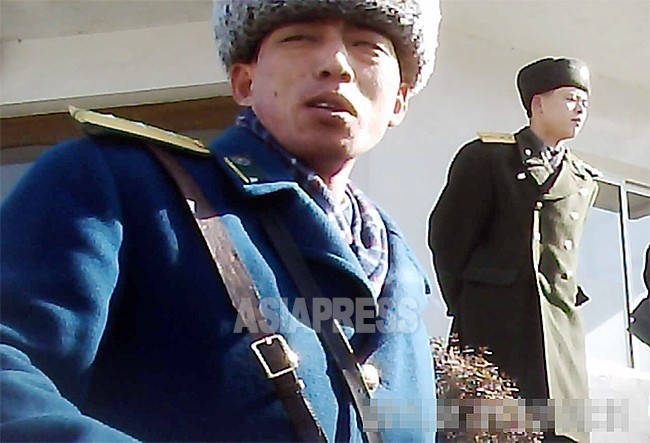
◆ Major crackdowns begin in April
We now have more clarity about the provisions and usages of the “Pyongyang Cultural Language Protection Act,” which was enacted by North Korea’s Kim Jong Un regime in January. The act calls South Korea a “puppet,” and demands that all North Koreans turn away from using South Korean style language. People who use or spread the language face a maximum punishment of the death penalty. In April, the authorities started a campaign throughout the country to crackdown on the use of not only the South Korean language, but also the use of loan words from Japanese. Through a three-part series, ASIAPRESS will report on what is happening inside North Korea. (ISHIMARU Jiro / KANG Ji-won)
◆ Severe punishment for using and spreading South Korean style language, with a maximum punishment of the death penalty
The Pyongyang Cultural Language Protection Act is an excessive law. It was enacted on January 18 by the Supreme People’s Assembly, which is akin to South Korea’s National Assembly, but its provisions were not made public. A South Korean media outlet focused on North Korea, Daily NK, recently acquired the full text of the law and published it.
Article 1 of the law lays out the purpose of the law as follows:
To the protection and active revival of the Pyongyang Cultural Language by completely eliminating the use of the puppet language, denouncing abnormal language elements, and establishing a socialist language lifestyle throughout the entire society.
The law explicitly states that anyone using or spreading South Korean style language will face fines, reform through labor, and even execution.
Article 58. The Crime of Using the Puppet Language
Any persons found to be speaking, writing, sending messages, or exchanging emails in the puppet language or creating printed materials, video recordings, compilations, pictures,
photographs, or scrolls using the puppet language’s writing style shall be sentenced to six years or more of reform through labor. If the severity of the crime is deemed high, the offender shall be sentenced to a lifetime sentence of reform through labor or the death penalty.
Article 59. The Crime of Propagating the Puppet Language
Any persons found to be teaching the puppet language to others or circulating printed materials, video recordings, compilations, pictures, photographs or scrolls using the puppet language writing style shall be sentenced to ten years or more of reform through labor. If the severity of the crime is deemed high, the offender shall be sentenced to a lifetime sentence of reform through labor or the death penalty.
※ ASIAPRESS’s analysis of the Pyongyang Cultural Language Protection Law will be published in a three-part series.
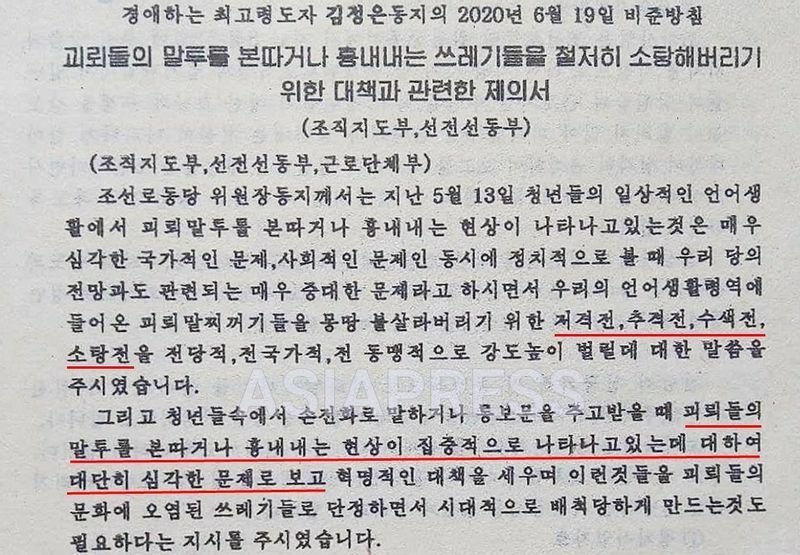
◆ What are the crackdowns like?
After the enactment of the Pyongyang Cultural Language Protection Law, North Korean state-run media never mentioned specifics about how the law is being implemented. In April, however, reporting partners in the northern region of the country told ASIAPRESS that the authorities have started a severe crackdown and social campaign targeted at the use of South Korean style expressions, foreign loan words, and words taken from Japanese.
ASIAPRESS began an investigation into conditions in North Hamgyung Province and Yanggang Province. “A,” a party member working at a state-run company in North Hamgyung Province, told ASIAPRESS the following:
“People in the city I live in have had to participate in a lot of meetings and lectures telling attendees to use the Pyongyang Cultural Language. Party meetings are generally just formalities, but they emphasized that the Pyongyang Cultural Language Protection Act deals with a particularly severe issue and that all organizations and companies must move forward to achieve its aims until the end.
“Young people in particularly are being told to stand at the forefront in the fight against the use of foreign loan words, dialects and South Korean style speech. The authorities are raising an issue about the use of South Korean speech in emails and text messages as well.
“For example, the authorities do not tolerate any South Korean style speech, abbreviations or even the word ‘OK’ in text messages. The Socialist Patriotic Youth League is emphasizing every day about how important the Pyongyang Cultural Language is.
(※ The Socialist Patriotic Youth League is an organization for young people under the Workers’ Party of Korea. Broadly speaking, the organization is made up of laborers and students under the age of 30.)
“People are being told to find examples of others not using the Pyongyang Cultural Language or violating the Pyongyang Cultural Language Protection Act and expose them at youth league struggle sessions held every Saturday. They are also being told to collect all of the abnormal pronunciations in use around them and submit these examples as well.”
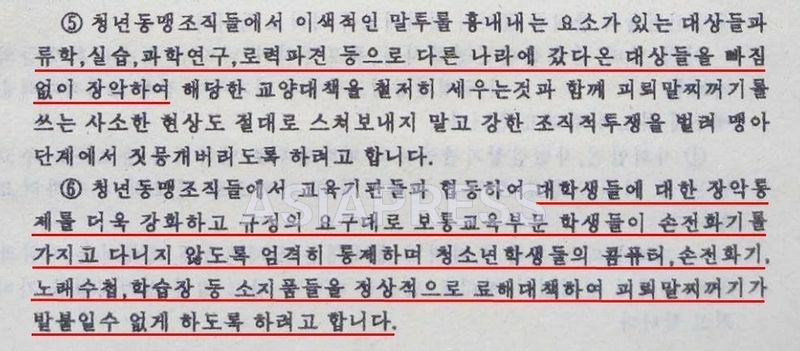
◆ Crackdowns will continue until the South Korean language is no longer used
“The elder generation uses the words they’ve always used without worrying about it, but young people who hear those words are having to tell them ‘not to use that kind of speech.’ The law is used to criticize people in this way, so nobody can go against it. The crackdowns are so severe that people complain that they can’t speak the way they want to anymore because they’re afraid of what people will think.”
The authorities say they will conduct crackdowns until they have eliminated people using South Korean speech. There have been a lot of people who have been reported on and taken away for using South Korean expressions. People are called in for saying words with intonations that are deemed too high or too low. It’s serious.
“They’ve never cracked down so severely on the use of speech like this before, and I’m surprised that they’re going to this extent. They’re cracking down so hard because North Korean speech in text messages, emails and even daily speech uses a lot of South Korean style expressions. People use a lot of code-like abbreviations in text messages and emails. Amongst themselves, young people who can’t imitate South Korean style speech are treated like fools. The authorities aim to do whatever it takes to eliminate the use of South Korean style speech.” ( Continued in the next installment 2 >> )
※ ASIAPRESS communicates with its reporting partners through Chinese cell phones smuggled into North Korea.
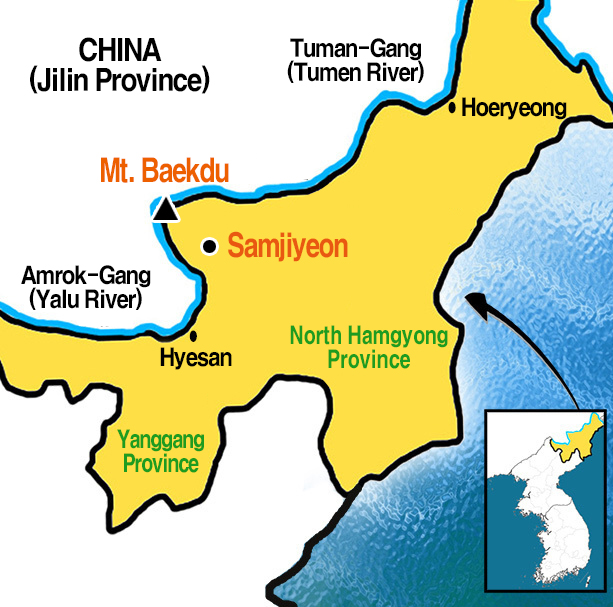
- <Investigation>Increase in wandering homeless people throughout North Korea…poverty-stricken elderly people and children forced out into the streets, with some even dying…The authorities order thorough measures to be taken
- <Interview with N. Korean> Farm mobilizations start early this year amid orders to mobilize “every able-bodied person,” How about the situation on the ground
- <Inside N. Korea>The authorities strengthen punishments toward those engaging in the “non-socialist” practice of living together outside of marriage, even dragging violators in front of public trials and punishing them with forced labor
- <Inside N. Korea> “Just one piece of laundry soap and a couple kilograms of corn…” ASIAPRESS asks N. Koreans about the special rations for Kim Il Sung’s birthday
- <Interview with N. Korean> Conducts mass mobilization to farming communities: “People are being ordered to increase grain production to the death”… Even farmers are suffering from lack of food

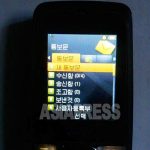
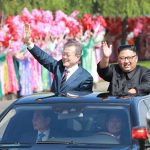
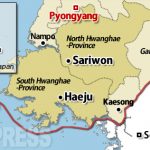
![[Video Report] N.Korea Soldiers selling seaweed at a market](https://www.asiapress.org/rimjin-gang/wp-content/uploads/2018/07/20130819-00010001-asiapk-000-1-view-150x150.jpg)
![[Video Report] Fleeing back alley vendors by cracking down](https://www.asiapress.org/rimjin-gang/wp-content/uploads/2018/07/201106-07NK_pyeongyang_gu_0-150x150.jpg)



















